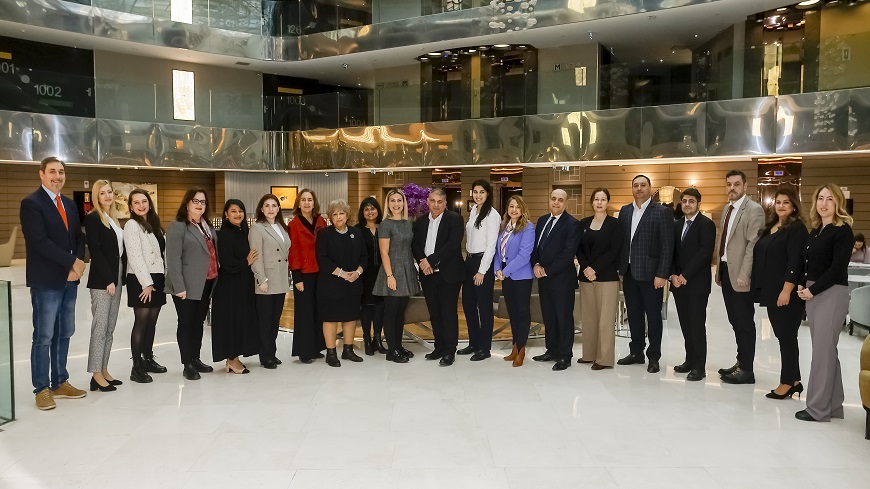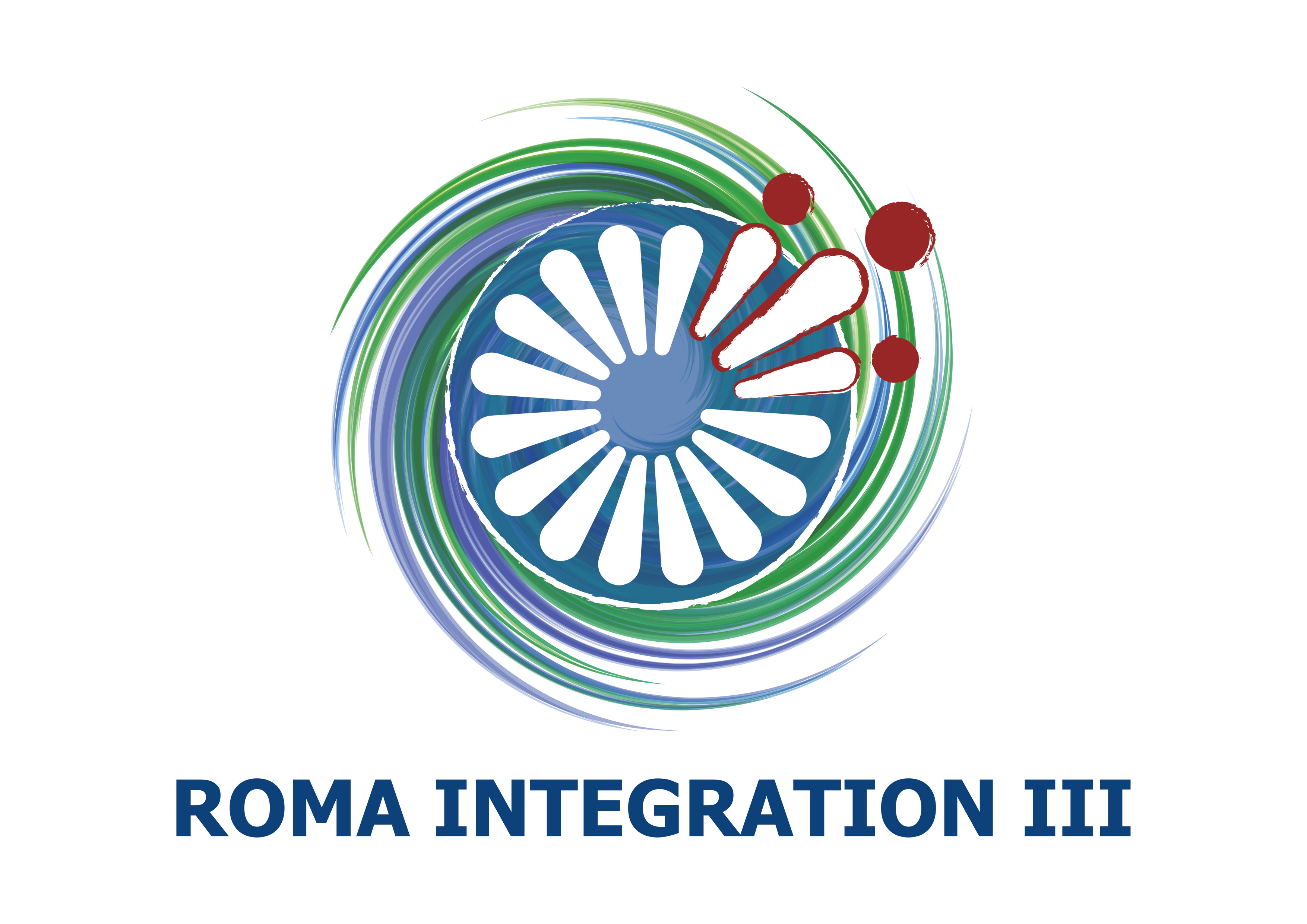The National Roma Contact Points (NRCPs)' Coordination Meeting brought together representatives from the Western Balkans, Türkiye, Republic of Moldova, and Ukraine, along with officials from DG ENEST, the European Union Delegations, the Council of Europe Roma and Travelers Division (CoE RTD), and members of the Roma Integration III programme team. The purpose of the meeting was to discuss priorities for Roma inclusion, strengthen coordination with central-level institutions, and review the implementation of strategic Roma inclusion policies and activities. Additionally, participants focused on the implementation of the Poznan Declaration, conclusions from Ministerial Meetings on Roma integration, and enhancing regional cooperation among NRCPs'.
Discussions covered administrative changes within DG NEAR, challenges in implementing the Poznan Declaration, and mechanisms for improving coordination at the regional level. Participants proposed initiatives such as dedicated government sessions on Roma inclusion, the establishment of an interparliamentary group responsible for Roma issues, and the creation of an NRCPs’ platform for regional collaboration. Emphasis was placed on budget allocations and data collection improvements to support inclusion efforts effectively.
Financial discussions highlighted the importance of aligning Roma-related projects with national priorities within the Growth Plan and Reform Agendas. With half of the Growth Plan funds allocated through the Western Balkan Investment Framework, ensuring appropriate resource distribution was a key focus. The IPA 2025-2027 framework includes a €10 million project dedicated to Roma inclusion, focusing on labor market integration and the implementation of the Poznan Declaration, with the aim of ensuring sustainable employment opportunities and strengthening institutional support for Roma communities.
Additionally, the digital monitoring tool and the housing database, both implemented under the Roma Integration III Programme, will be transferred to central authorities to improve data collection and policy planning. The transfer of these tools marks an important step toward improving data collection and policy planning. Moving forward, efforts will focus on securing funding, strengthening institutional coordination, and implementing strategic measures to ensure the full inclusion of Roma communities across the region.
The meeting was organised within the framework of the Roma Integration III Joint Programme of the European Union and the Council of Europe, implemented by the Roma and Travellers Division of the Council of Europe.


